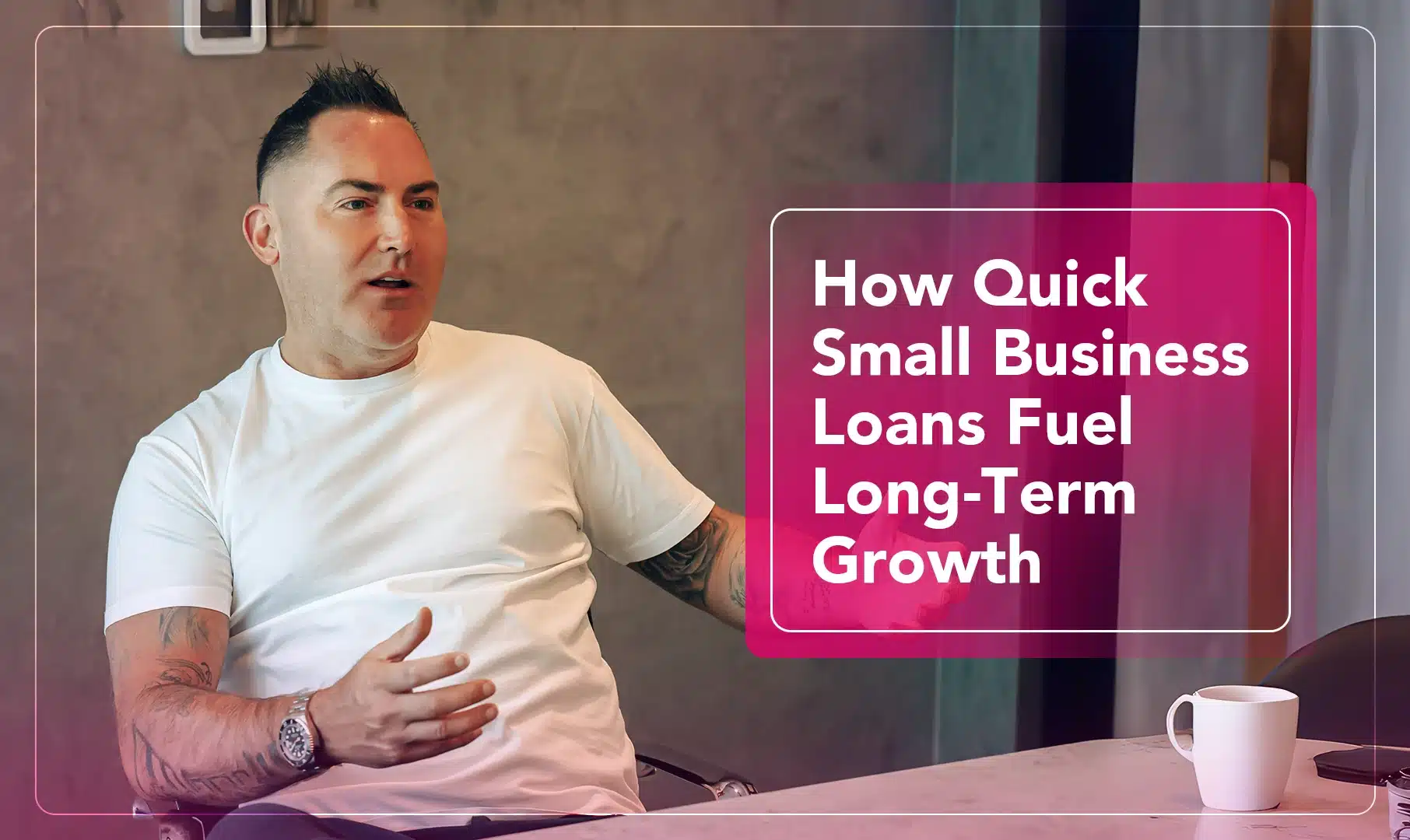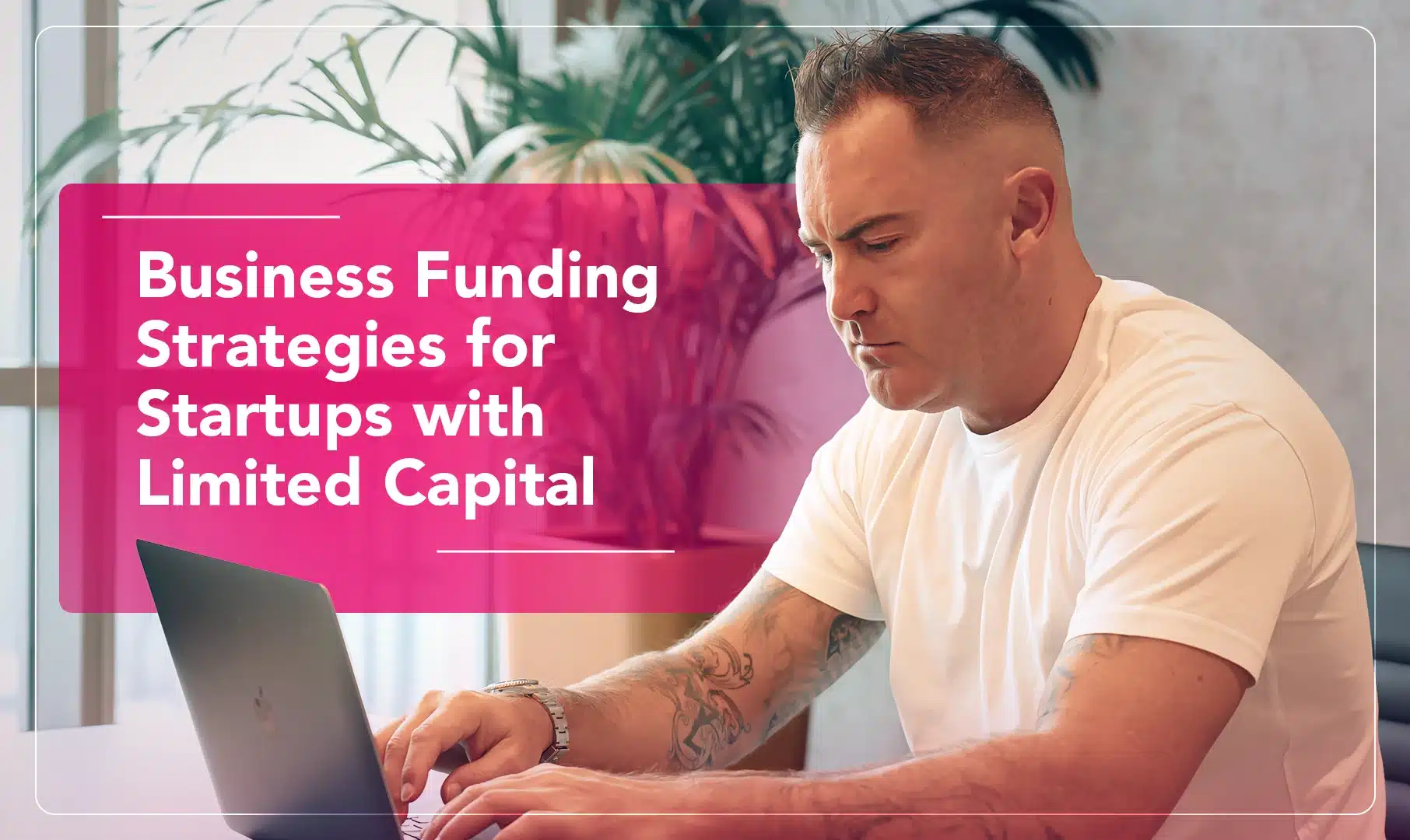
How Much Is Donald Trump Worth? (2025 Update)
As President of the United States, Donald

No Bollocks with Neil Patel: Why Business Owners Must Rethink Marketing in 2025
The old-school way of only using Google

Top 10 Common Startup Mistakes (and How to Avoid Them)
Avoid the most common start-up mistakes that

Beyond Base Camp: Lessons I Learnt From Everest
Read all about my experiences climbing to

Why Ambitious Dubai Start-Ups Need Business Speakers to Inspire Growth
Discover why Dubai’s start-ups thrive with the

Measuring ROI of Motivational Business Speakers (2025 Guide)
Learn how to measure the ROI of

10 Signs Your Business Needs a Professional Business Advisor
Learn about the top 10 signs your

7 Best Types of Business Loans for Startups in the UK
Discover the best business Loans for startups


Elon Musk’s Top 13 Inventions That Changed the World
Elon Musk, often compared to a real-life

How Quick Small Business Loans Fuel Long-Term Growth (4 Key Strategies)
Learn how quick small business loans can

11 Most Controversial Billionaire Quotes on Money & Wealth
Discover bold and unconventional billionaire quotes on

Creative Business Funding Strategies for Startups with Limited Capital
Discover creative funding strategies for startups with

What Are The Easiest Small Business Loans to Qualify For?
Learn about the easiest small business loans

How Financial Consulting Can Help Your Business Achieve Long-Term Stability
Discover how financial consulting helps businesses achieve

How Business Consultants Can Help Secure Investment for Your Company
Struggling to secure investment for your dream

Quick Business Loans: How to Get Fast Approval Without Hurting Your Finances
In this guide, we’ll break down the

Fixed Income Investments vs Business Loans: Which is Better for Scaling Your Business?
Fixed Income Investments vs Business Loans: Find

Unlock Success: Business Speakers For Corporate Events
Learn why business speakers for Corporate events

Business Coach for Entrepreneurs: Making Smarter Financial Decisions
Discover how a business coach for entrepreneurs

When to Hire a Business Consultant (Game-Changing Insights!)
Struggling with growth, finances, or efficiency? Discover

Quick Business Loans vs Traditional Business Loans: Key Differences Explained
Quick Business Loans vs Traditional Business Loans

Transformative Business Coaching: What to Expect and Achieve
Learn how business coaching helps entrepreneurs grow

5 Key Lessons on Brand Resilience from Market Leaders
Discover the power of brand resilience with
Subscribe To Matt's Newsletter
Matt's Podcasts

STRIPPING OFF WITH MATT HAYCOX
Welcome to 'Stripping Off with Matt Haycox,' where we bare it all on business, money, and life. Get ready to peel back the layers of success with the Funding Guru himself, Matt Haycox.

NO BOLLOCKS WITH MATT HAYCOX
Welcome to "No Bollocks with Matt Haycox," the ultimate business podcast for entrepreneurs, CEOs, and anyone looking to climb the career ladder without the bullshit.
